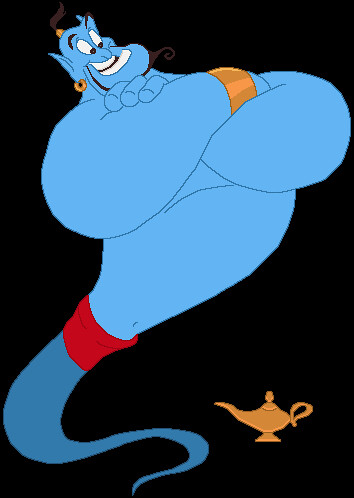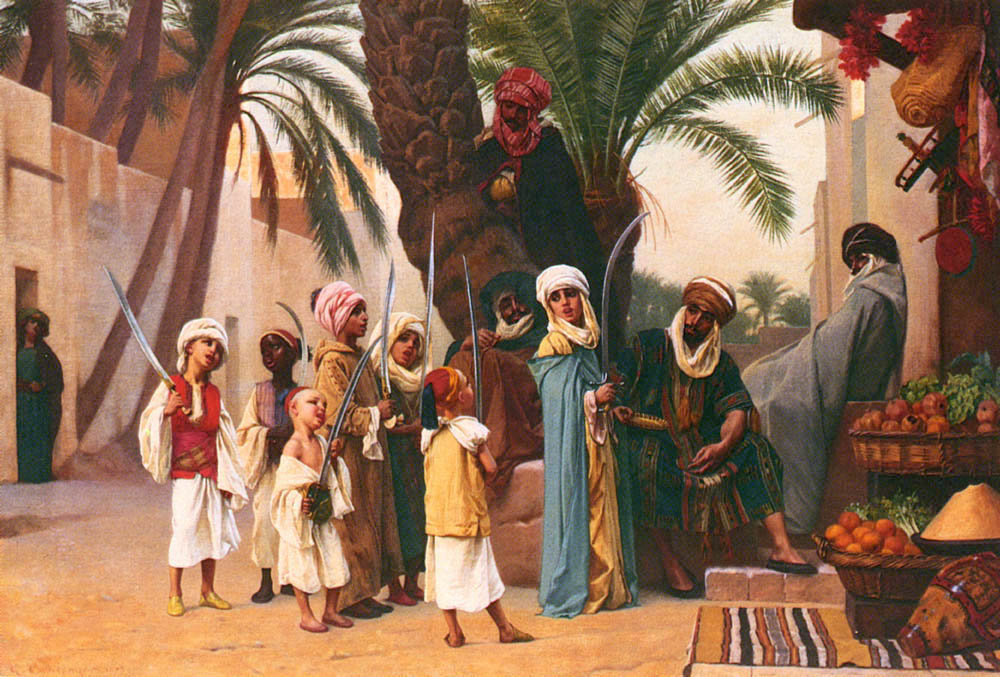Source: King Arthur: Tales of the Round Table by Andrew Lang and illustrated by H. J. Ford (1902).
 |
| Sir Galahad by Arthur Hughes |
- I've noticed that in a lot of stories like this really convenient things happen. Sir Galahad needs a shield and somebody give him one that only he can wear.
- I noticed that the Holy grail is spelled Graal in this story. I wonder if this is just an older spelling.
- "so that he fell dead to the earth, and Sir Percivale fell with him; then the Knight rode away." I don't know why, but this part of the story stood out to me. Named characters and knights don't fall as often in movies or modern stories, it's usually people like the 'red shirts.'
- It is interesting that the other knight way able to fight so long that Sir Lancelot was to tired to even lift this arm.
- I think it is interesting that Charity, fasting, and truth are lumped together. I don't tend to think of fasting is a virtuous trait, (not that it is bad, just don't see why it is seen as something valuable).
- I think this story chose an interesting way for Sir Percivale and Sir Bors to meet up. I know these are snippets of a larger stories, so it's something a little confusing to follow these mini tales.
- I liked the line, "Thou man which shall enter this ship beware thou be in steadfast belief; if thou fail, I shall not help thee." It's always interesting to see how characters react to scenarios like this.
- I think it is cool and interesting that Sir Lancelot finds Sir Percivale's sister, and that he finds her journal.
- They chose to stay and live in the ship for half a year, an interesting choice.
- I'm a little surprised somebody managed to actually find the graal's location.
- I also did not expect Galahad to die during this journey.
- This story I am familiar with, that Mordred and Arthur kill each other.
- I like that Excalibur was returned to where it came from.














.jpg/387px-Cupid_and_Psyche_(Boston_Public_Library).jpg)
